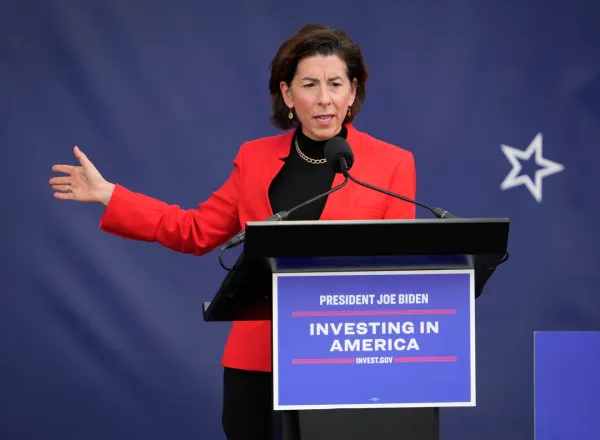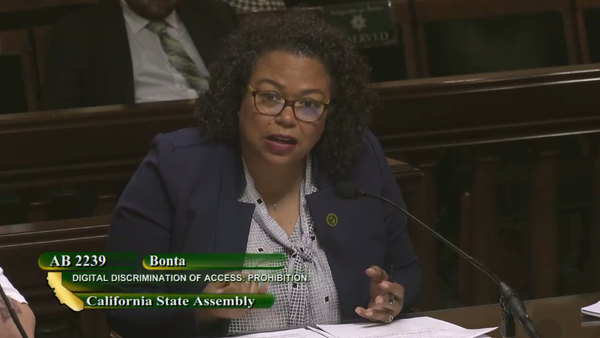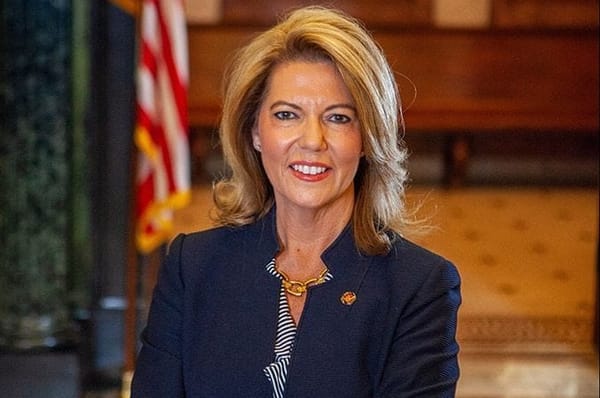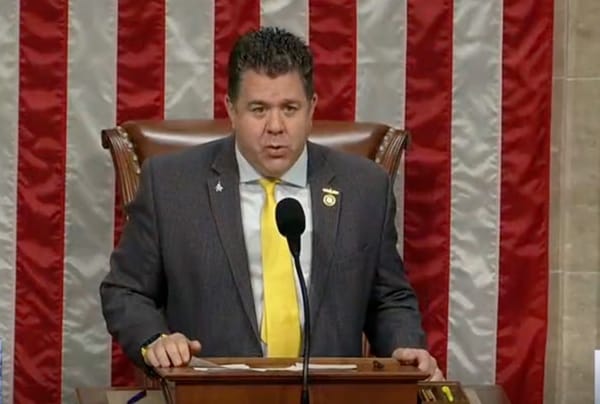FCC to Put Its Legal Weight Behind Preemption of State Laws That Limit Community Gigabit Networks
February 3, 2015 – The Federal Communications Commission will put its legal weight behind a petition that would preempt laws in North Carolina and Tennessee that restrict the ability of community broadband networks to expand operations. FCC Chairman Tom Wheeler will urge his fellow commissioners —
February 3, 2015 – The Federal Communications Commission will put its legal weight behind a petition that would preempt laws in North Carolina and Tennessee that restrict the ability of community broadband networks to expand operations.
FCC Chairman Tom Wheeler will urge his fellow commissioners — and is expected to obtain support from a majority of them — to vote against restrictions on municipality-supported networks in Chattanooga, Tenn., and Wilson, North Carolina.“After looking carefully at petitions by two community broadband providers asking the FCC to pre-empt provisions of state laws preventing expansion of their very successful networks, I recommend approval by the Commission so that these two forward-thinking cities can serve the many citizens clamoring for a better broadband future,” Wheeler said in a statement.Wheeler intends for the agency to take the action at its open meeting on February 26, 2015.The proposed preemption of state restrictions will be limited to the laws of North Carolina and Wilson, agency officials said, because those were the state putting forward a petition for preemption.According to a fact sheet released Monday by the agency, “the proposed order finds that certain provisions of the state laws are barriers to broadband investment and competition and that preemption is warranted.”Agency officials said in a conference call that Congress and the FCC have the power to regulate interstate commerce and interstate communication. Because internet access crosses state lines, these officials said, the FCC has the authority to preempt state laws when acting pursuant to a specific grant of authority.Agency officials said that FCC will take the action under Section 706 of the Telecommunications Act, which directs the FCC to remove barriers to broadband competition.Agency officials distinguished the new preemption from a 2004 Supreme Court decision, Nixon v. Missouri Municipal League, upholding states’ authority to limit telecommunications competition from municipalities.“While states retain authority to grant or withhold the ability of their cities and towns to enter the broadband market, once states have granted that authority, they may not impose on community providers regulatory burdens that act as barriers to infrastructure investment and competition,” the agency said in a fact sheet released Monday.The move by Wheeler comes less than three weeks after President Obama announced efforts to end laws that harm broadband competition, steps to support a growing national movement of local leaders for Gigabit Networks, and new federal funding and a new initiative to support community broadband.Next Century Cities, a new group designed to foster ultra-high-speed connectivity by cities reacted favorably. “Any move to expand choices for towns and cities is good for innovation, competition, and for the country,” said the group’s Executive Director Deb Socia.“Just last week, mayors and elected officials from 38 of our member communities wrote urging the FCC to respect the principles of local choice and self-determination. We applaud the Chairman on his response, and this draft decision is a key step forward.”Drew Clark is the Chairman of the Broadband Breakfast Club. He tracks the development of Gigabit Networks, broadband usage, the universal service fund and wireless policy @BroadbandCensus. He is also Of Counsel with the firm of Kirton McConkie, based in Salt City City, Utah. You can find him on LinkedIN, Google+ and Twitter. The articles and posts on BroadbandBreakfast.com and affiliated social media are not legal advice or legal services, do not constitute the creation of an attorney-client privilege, and represent the views of their respective authors. Clark brings experts and practitioners together to advance the benefits provided by broadband: job creation, telemedicine, online learning, public safety, energy, transportation and eGovernment.







